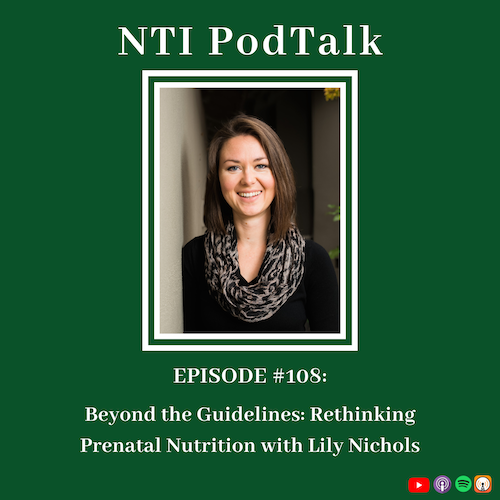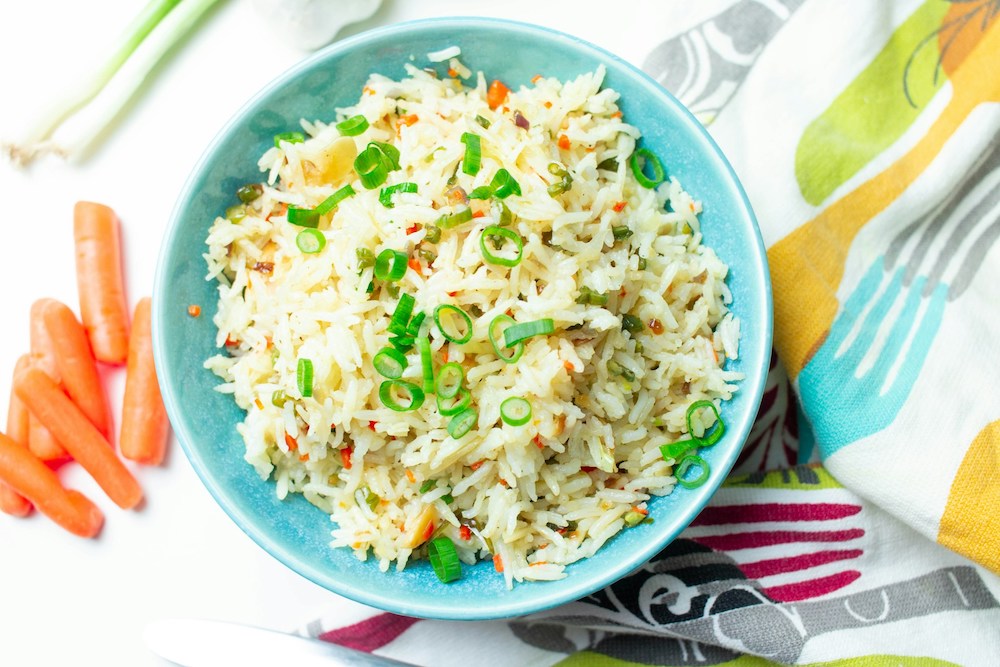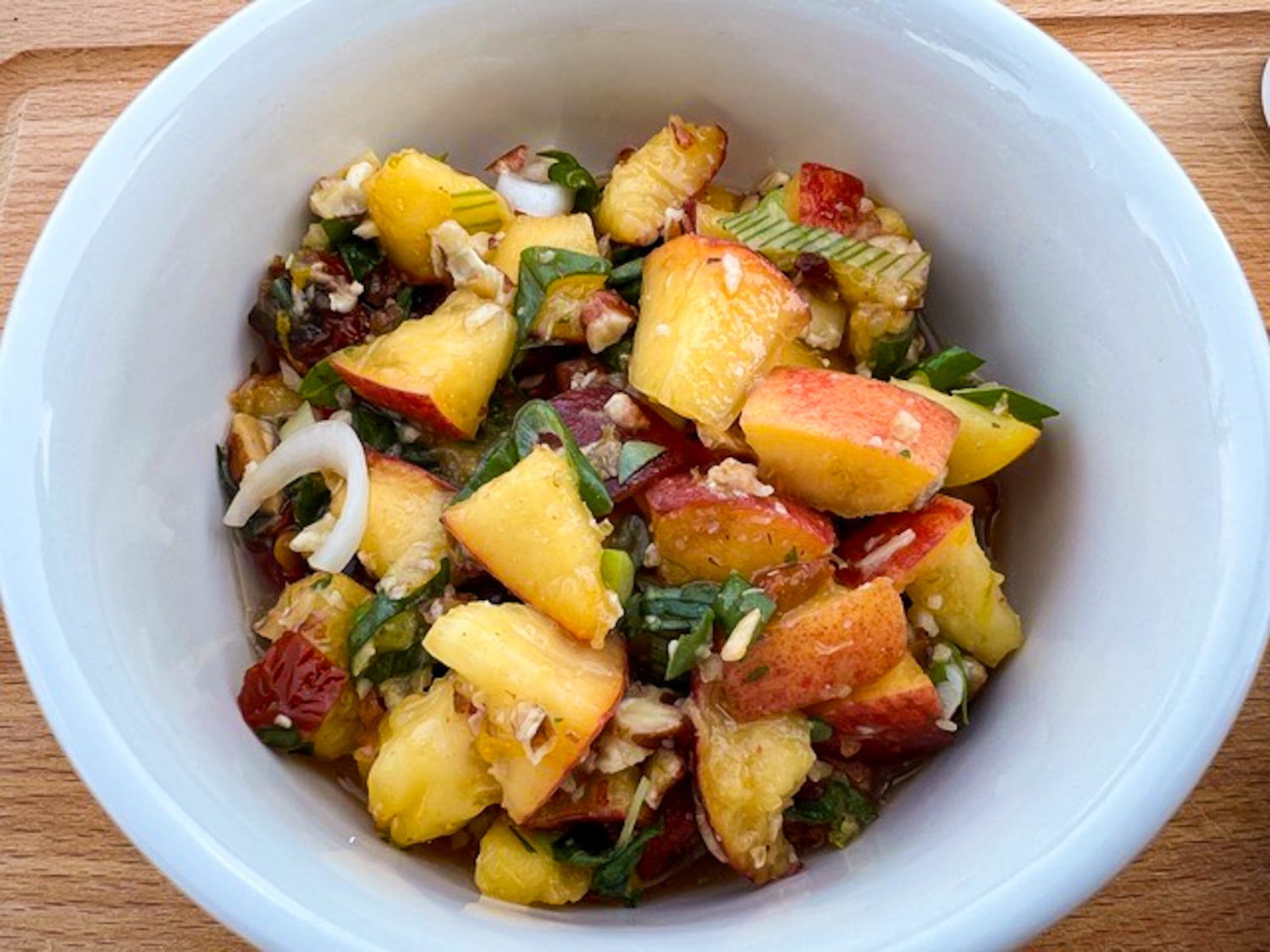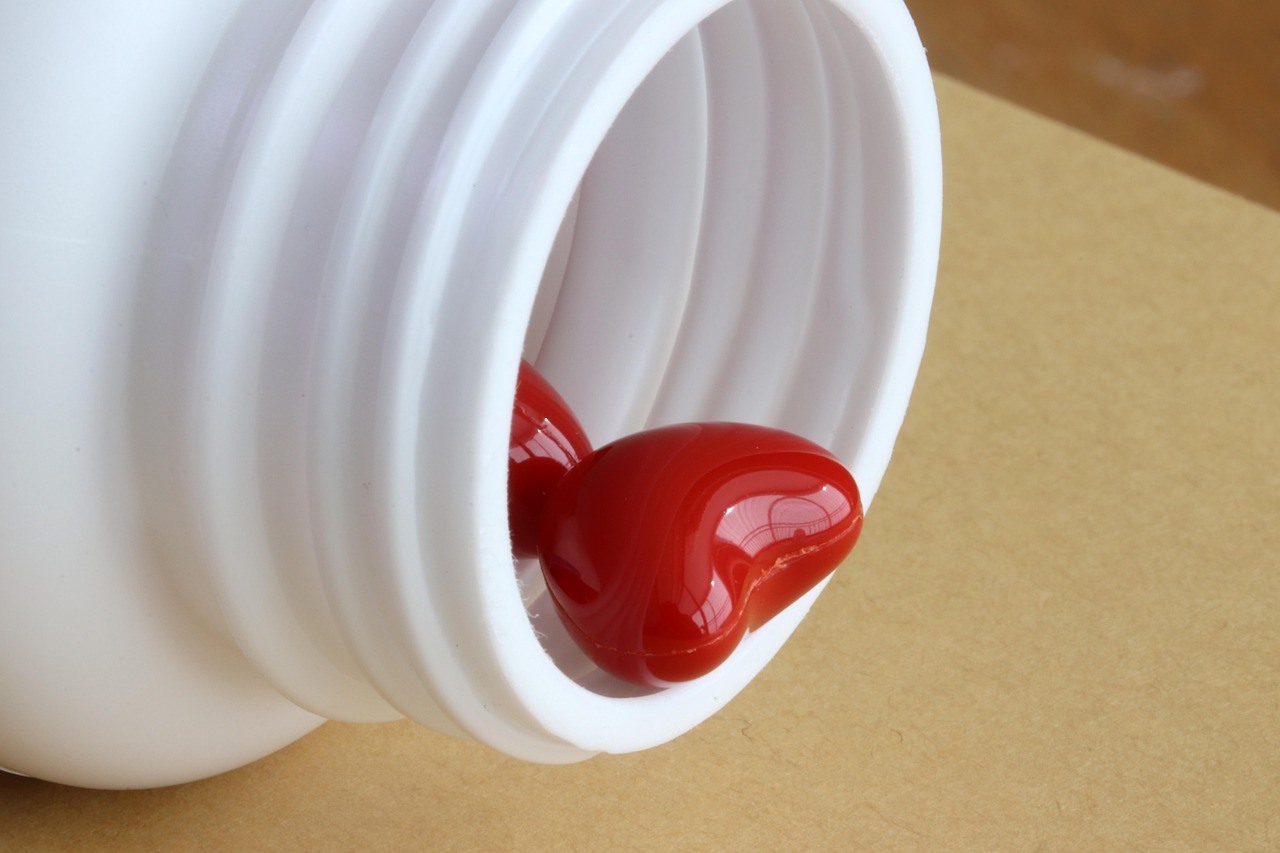
Share this post!
Sad news for baseball fans and others in the Denver area, Colorado Rockies pitcher Chad Bettis recently began chemotherapy for testicular cancer after unsuccessful treatment last year.
In a statement released through his agent, Bettis stated he was “completely caught off guard by my diagnosis, but have subsequently found that the vast majority of cases occur in men 20 to 40 years of age.” In a later statement, Bettis, 27, stressed the importance of being “totally in tune with our own physical health.”
The good news for Bettis and other men is that although the average age of testicular cancer diagnosis is young at 33, the survival rate is high when cancer is caught early.
This month’s Dude’s Foods will focus on nutrition to prevent testicular cancer and promote general health of the testicles.
Testicular health is important for many reasons
The testicles are men’s primary source of sex hormones and the manufacturing site for sperm. In addition to eating the right foods, avoiding damaging substances can be important for testicular health. A few studies show connections between certain substances and testicular disease:
- Phthalates are primarily found in disposable plastic water bottles. Phthalate exposure may interfere with testicular function, disrupt the action of male androgen hormones, and inhibit sperm production and/or quality.
- BPA is another substance found in some plastic food and beverage containers and in food cans. In one rat study, BPA was used to induce testicular mitochondrial toxicity in rats.
- Excessive alcohol is best to avoid. One study concluded that ethanol (used to produce alcoholic beverages) is toxic to the male reproductive tract. Alcohol was used to induce testicular damage in this rat study.
In short, avoiding plastics and excessive alcohol appear to be approachable and beneficial lifestyle modifications that can help promote testicular health. But eating whole, nutritious foods matters too.
Certain foods and nutrients also show benefit for protecting the testicles from damage. Unfortunately, not many human studies are available on this topic and most of these findings come from rat studies. Although not all nutrient actions translate across species to humans, many of these guidelines should still be helpful for men hoping to protect their testicular health.
Foods and nutrients to emphasize for testicular health:
Antioxidants
Antioxidant-rich foods reduce inflammation. One prominent model of cancer development is that high levels of oxidative stress and resulting inflammation leads to cancer and many other diseases. Antioxidant-rich foods include brightly colored organic vegetables like red, orange and yellow bell pepper, carrots, and sweet potato. Good fruits include organic tomatoes, grapes, berries, cherries, and pomegranate.
Selenium
An important antioxidant found in Brazil nuts, wild salmon, sardines, and shrimp. Note that the selenium content of Brazil nuts and all plants directly relates to the selenium content of the soil in which the plant is grown.
Curcumin
A primary component of turmeric that gives curry powder much of its distinctive yellow color and taste, curcumin appears to protect against nicotine-induced damage in mice testes. Yellow thai curry is a quick and delicious take-out or dine-in lunch option. Or try making a turmeric Golden Milk Tea at home with turmeric, ginger, and coconut milk.
Garlic and onion
Extracts of these foods were shown to protect against oxidative damage to testicles in rats.
Vitamin B5
A Japanese study found that Vitamin B5 improved testicular function in rats and also demonstrated increased blood levels of testosterone and improved sperm motility. Good food sources include shiitake and crimini mushrooms, avocado, sweet potato, lentils, and peas.
Apricots
Two rat studies showed that apricot fruit protected against alcohol-induced testicular damage as well as low-dose X-rays.
Zinc
Another rat study from 2008 found that “Zinc provides protection against cadmium-induced testicular toxicity.” Good sources of zinc include oysters, beef, lamb, and pumpkin seeds that have been soaked to remove phytic acid.
These are just some of the many steps men can take to promote healthy testicles and reduce their risk of testicular disease, including cancer. For even more prevention tips, check out NTI’s latest eBooks.
We hope that Chad Bettis makes a complete recovery. His story is inspirational to other young men who have been diagnosed with testicular cancer. From his Twitter feed, he seems determined to fully overcome his disease and get back to pitching.
Additional blogs on men’s health issues that you may find interesting:
- Movember and prostate cancer
- Eating for heart health
- Nutrition to support healthy testosterone
- BPA and depression in boys
- Eat like a man
- Depression and the gut-brain connection
- Dudes foods
- Prostate Health
NTI stands for better health through better nutrition.
We’re on a mission. We teach people how to eat for health and explain the science behind it. We teach the teachers and they are making a difference!
Written by: Aaron Mello, a Master Nutrition Therapist and founder of MoodFood Clinic. He can be contacted at 720-683-8715 or aa***@************ic.com.
Share this post!

















